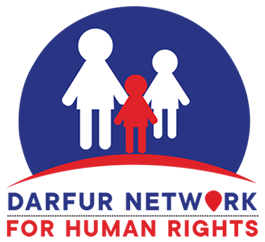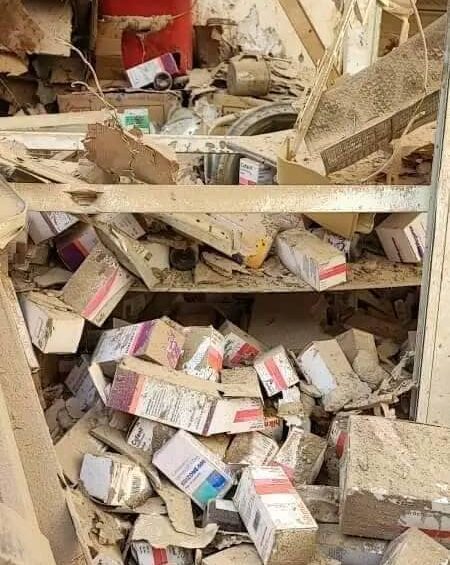El-Fasher:
(Kampala) – On June 21, 2024, around 9p.m, Sudan time, the Rapid Support Force (RSF) launched an attack in El-Fasher, hitting the Saudi Hospital for Obstetrics and Gynecology. This was the last operational hospital in El-Fasher, and the attack resulted in the destruction of the pharmacy and the death of a pharmacist. Consequently, civilians in El-Fasher are now left without any healthcare facilities. Additionally, a woman from the Abu Shouk IDP Camp was injured in her chest due to the shelling.
On June 23, 2024, around 4p.m, the RSF bombed the kidney dialysis centre in El-Fasher, completely burning it down. This has caused a humanitarian crisis, especially for those affected by kidney failure who now face life-threatening conditions without access to necessary medical treatment.
Kutum:
Local sources reported that on June 23, 2024, an armed group wearing RSF uniforms attacked Dour village in Kutum Locality with eight armed vehicles and six motorcycles around 2 p.m. The attack resulted in the death of one civilian and injuries to three others.
Displacement and Humanitarian Crisis:
Most residents of El-Fasher have sought refuge in the Abu Shouk IDP camp, but the conflict has extended to the camp, endangering the lives of the displaced persons. Civilians also flee to North Jabal Marra, Central Darfur, seeking safety. The World Food Programme (WFP) recently delivered food to North Jabal Marra to support locals and incoming IDPs from El-Fasher. However, there are no reports of humanitarian aid reaching El-Fasher itself. The ongoing fighting, particularly in the southern part of the city, continues to cause widespread fear and displacement. Following RSF leader Ali Yagoub’s death, the RSF has yet to appoint a new leader for the region.
The Darfur Network for Human Rights (DNHR) urgently appeals to the international community to intervene and press the warring parties to allow humanitarian aid into El-Fasher. The situation remains dire, and immediate action is needed to prevent further loss of life and alleviate the suffering of the affected civilians.

